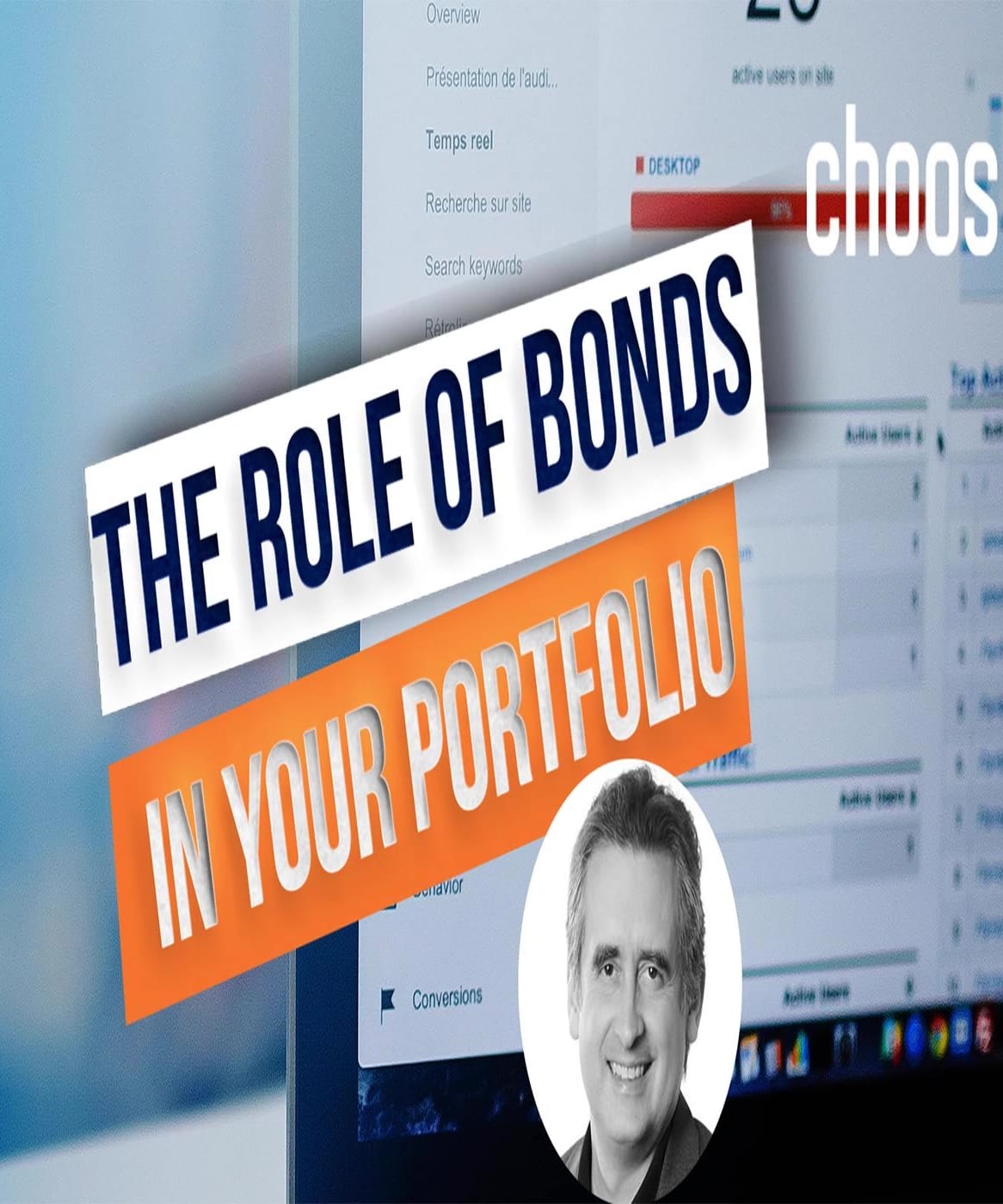How do market crashes affect portfolios?
Sources:
Market crashes can greatly affect investment portfolios, and the impact depends largely on whether one is actively contributing to the portfolio or relying on it for post-retirement income.
-
Rebalancing and Recovery:
- Market crashes are seen as part of the natural market cycle. Long-term investors are encouraged to do nothing during such downturns because the market typically recovers and grows over time. This strategy is based on the pattern of ongoing market recoveries after each downturn [1].
- For someone retired or nearing retirement, a strategy might involve holding bonds, which can be rebalanced by buying discounted stocks during a market crash. This approach smooths out the financial impact of the crash [2].
-
Investing During Market Crashes:
- Active investors might view market crashes as opportunities. Buying during a crash can often lead to purchasing more shares at lower prices, benefiting from the eventual market recovery [3].
- Holding a diverse portfolio with a good balance between equities and fixed-income assets helps manage risks during market fluctuations. Rebalancing according to pre-set asset allocation targets can capitalize on market lows [4].
-
Retirement Considerations:
- If already retired, having a diversified portfolio that includes less volatile assets like bonds can lessen the immediate impact of a market crash. It's also useful to have strategies like a cash buffer or "cash cushion" to avoid the need to sell assets at a loss during market downturns [5].
- Market recoveries, particularly the speed of recovery, are pivotal. A quick recovery can negate the short-term impacts of a crash on withdrawals made in retirement [6].
In conclusion, while market crashes can temporarily devalue a portfolio, strategic planning, long-term investing principles, and maintaining liquidity can mitigate the adverse effects and potentially provide opportunities for growth.
RELATED QUESTIONS-





